Indigenous Governance Database
qualifications of judges
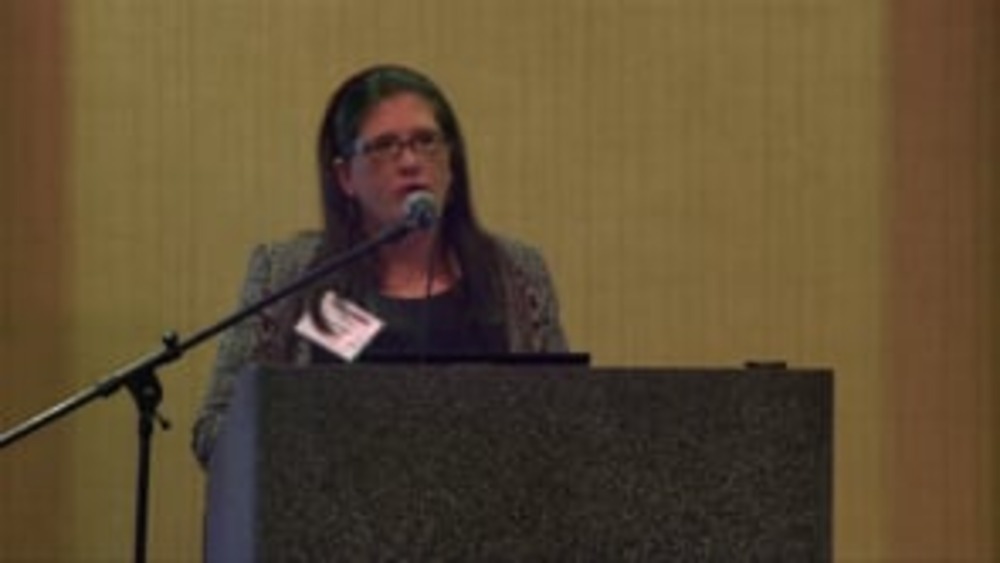
Sarah Deer: The Muscogee (Creek) Nation's Approach to Citizenship
Sarah Deer (Muscogee), Co-Director of the Indian Law Program at the William Mitchell College of Law, provides a brief overview of the Muscogee (Creek) Nation's unique approach to defining its citizenship criteria, which essentially creates two classes of citizens: those who run for elected office,…
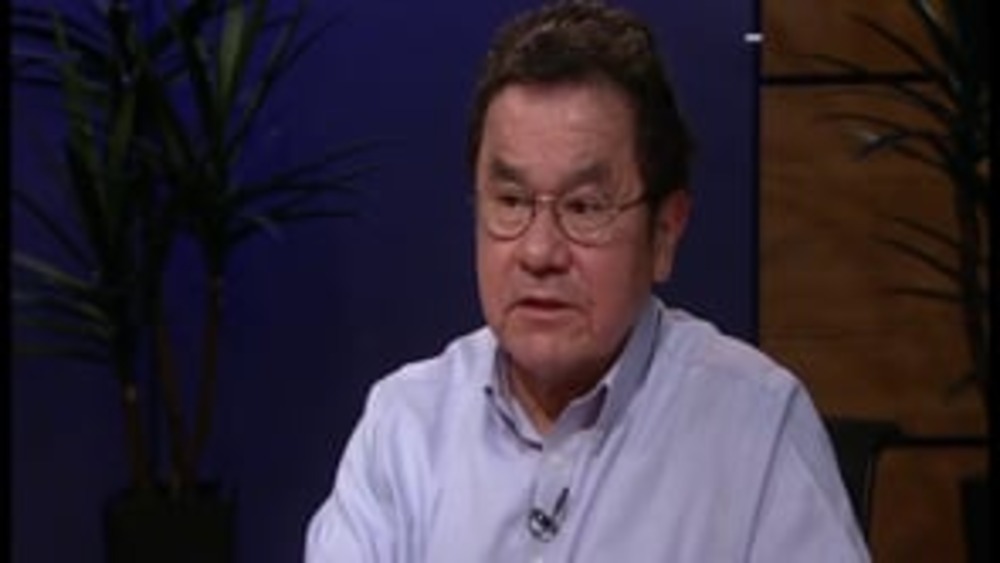
NNI Indigenous Leadership Fellow: John Petoskey (Part 1)
In the first of two interviews conducted in conjunction with his tenure as NNI Indigenous Leadership Fellow, John Petoskey, citizen and long-time General Counsel of the Grand Traverse Band of Ottawa and Chippewa Indians (GTB), discusses how GTB has worked and continues to work to build and maintain…
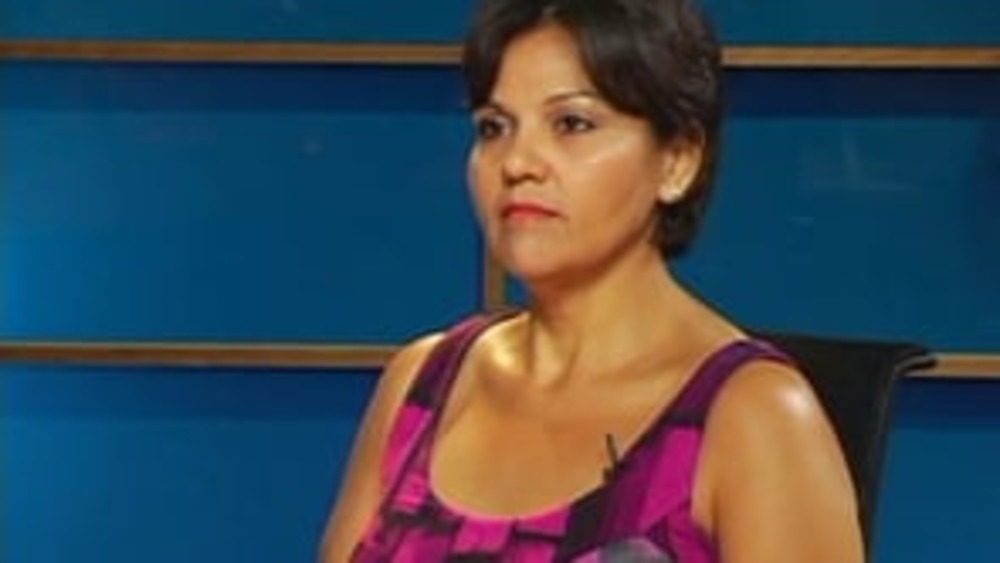
NNI Indigenous Leadership Fellow: Rae Nell Vaughn (Part 1)
Rae Nell Vaughn, former Chief Justice of the Mississippi Choctaw Supreme Court, discusses the critical role that justice systems play in the rebuilding of Native nations and shares how the Mississippi Band of Choctaw Indians has worked to develop its justice system to reflect and promote its…
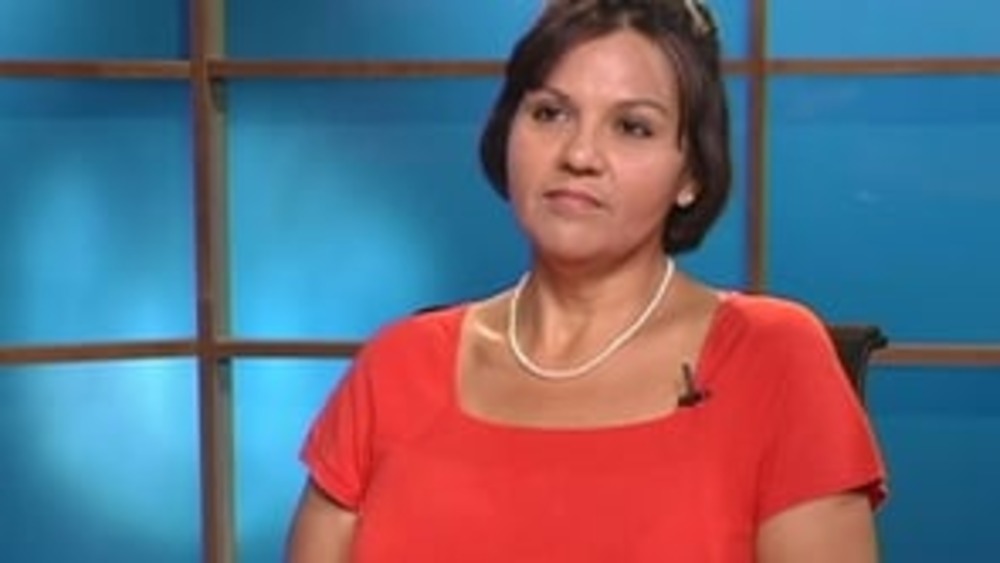
NNI Indigenous Leadership Fellow: Rae Nell Vaughn (Part 2)
Rae Nell Vaughn, former Chief Justice of the Mississippi Choctaw Supreme Court, shares how her nation methodically re-integrated Choctaw core values into its administration of justice, and how Mississippi Choctaw's creation of a fair and efficient justice system is paying social, cultural,…
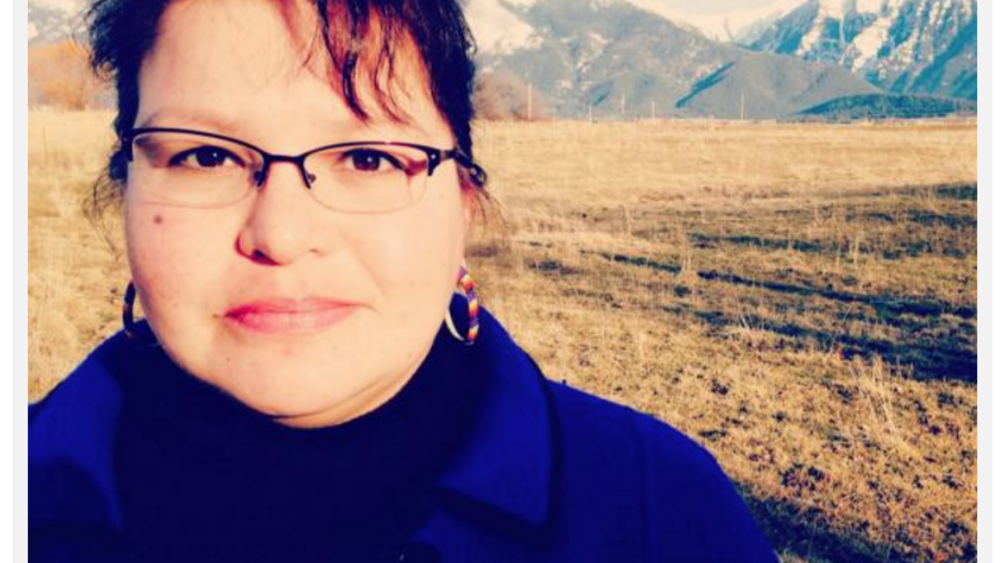
Living Her Dream: Eldena Bear Don't Walk Discusses Her Law Career
Eldena Bear Don’t Walk is living out her childhood dream. The youngster who imagined one day becoming a lawyer has done exactly that – and more. She has been an appellate judge for eight years, serving almost every tribe in Montana. At the St. Ignatius-based Bear Don’t Walk Law Office, she works as…
